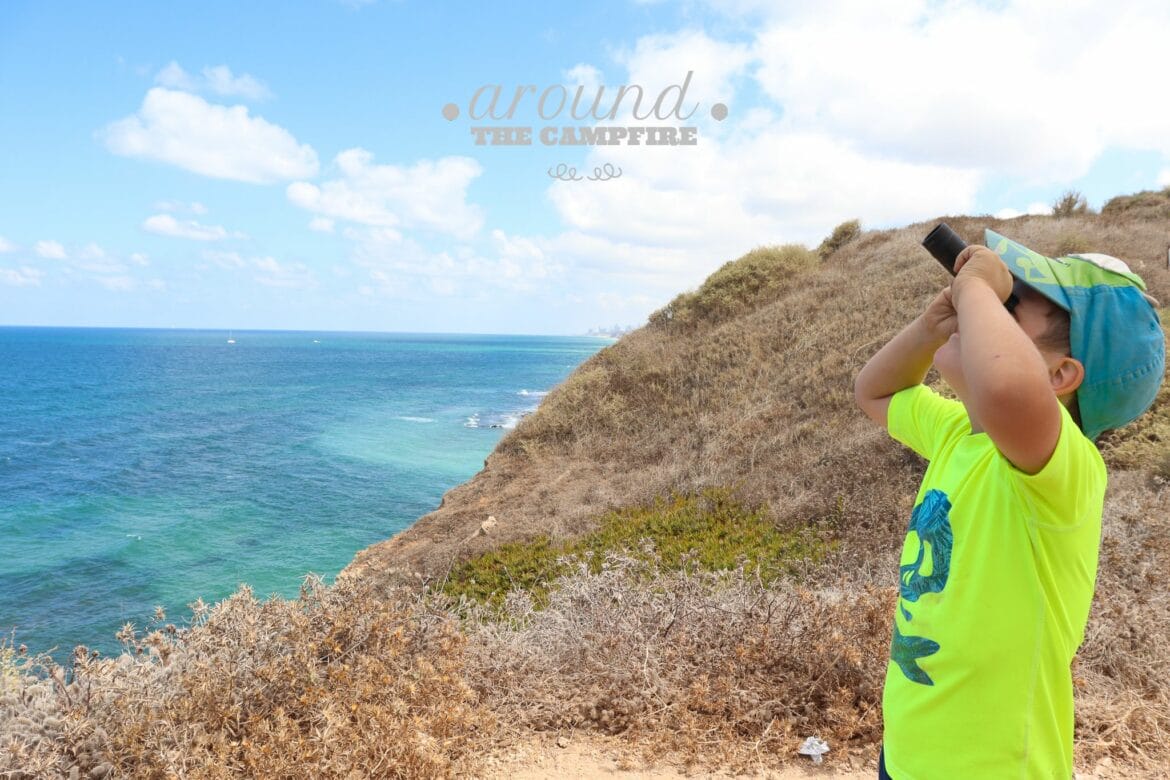
What is called our experience is almost entirely determined by our habits of attention. – William James
Sometimes, I marvel at the fact that I can read and write. As a latecomer to the Land of Israel, I am often reminded that literacy shouldn’t be taken for granted. While I speak Hebrew just fine, my reading level is lower than that of my 12 year old daughter. As far as writing goes, I’m less capable than my 8 year old son.
But whenever I think that this is strange (if I can speak it, shouldn’t I be able to read and write?), I remember my Portuguese ancestors, many of who were illiterate. They lived on the Azores islands, some in rural communities where reading and writing wasn’t particularly important. Back then, most of the world’s population could not read.
As a child growing up in a literate society, my five-year old can identify letters and read short phrases in English and Hebrew. In the world he lives in, reading and writing is important, so it makes sense that he would naturally pick up these skills.
But while we’ve made vast improvements as a society in the area of literacy, we’ve lost our ability to read and understand the natural world.
My ancestors, who were shoe cobblers, fisherman, and bakers, may have lived with chicken and goats in their yards, along with vegetable gardens. Back then, families walked from place to place over dirt and cobblestone roads. They traveled from town to town right through the great outdoors.
There were no grocery stores. There was no Amazon.com to order soaps, herbal supplements, fertilizer, or wool sweaters. In those days, people made these things on their own. I’m quite certain that while illiterate, my ancestors could read the language of plants, animals, and the sky much better than I.
So rather than feel self-righteous about my children’s reading skills, I feel humbled instead. We may be able to read… but speaking the language of nature just isn’t something we do. In fact, compared to people of the past, our lack of knowledge about our natural surroundings would seem quite absurd.
Understanding nature’s language can take many forms. Of course, there are the basics: the names of plants and animals that surround us, from the stately trees to diminutive weeds. Many of these have interesting histories, along with important uses. To most of us, birds, butterflies, snakes, and lizards are an enigma. But wouldn’t our experience of the outdoors seem richer if we knew more about the animals we meet, like characters in a good book?
Learn to read the language of nature, and you open up a world of possibility. From understanding weather patterns and navigation to foraging for food in the wild, you will find yourself connected to a foreign culture that you never knew existed. With careful study and attention, you can slowly learn its complexities. One day, you may find yourself reading the great outdoors as easily as you read the words on this page.

Recommended reading: How to Read Nature, by Tristan Gooley


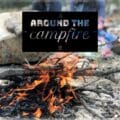

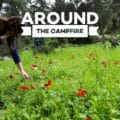
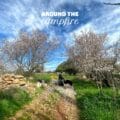
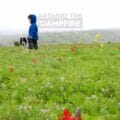
You are so insightful. I adored this post!
Thank you for sharing.
Thank you for your kind words!